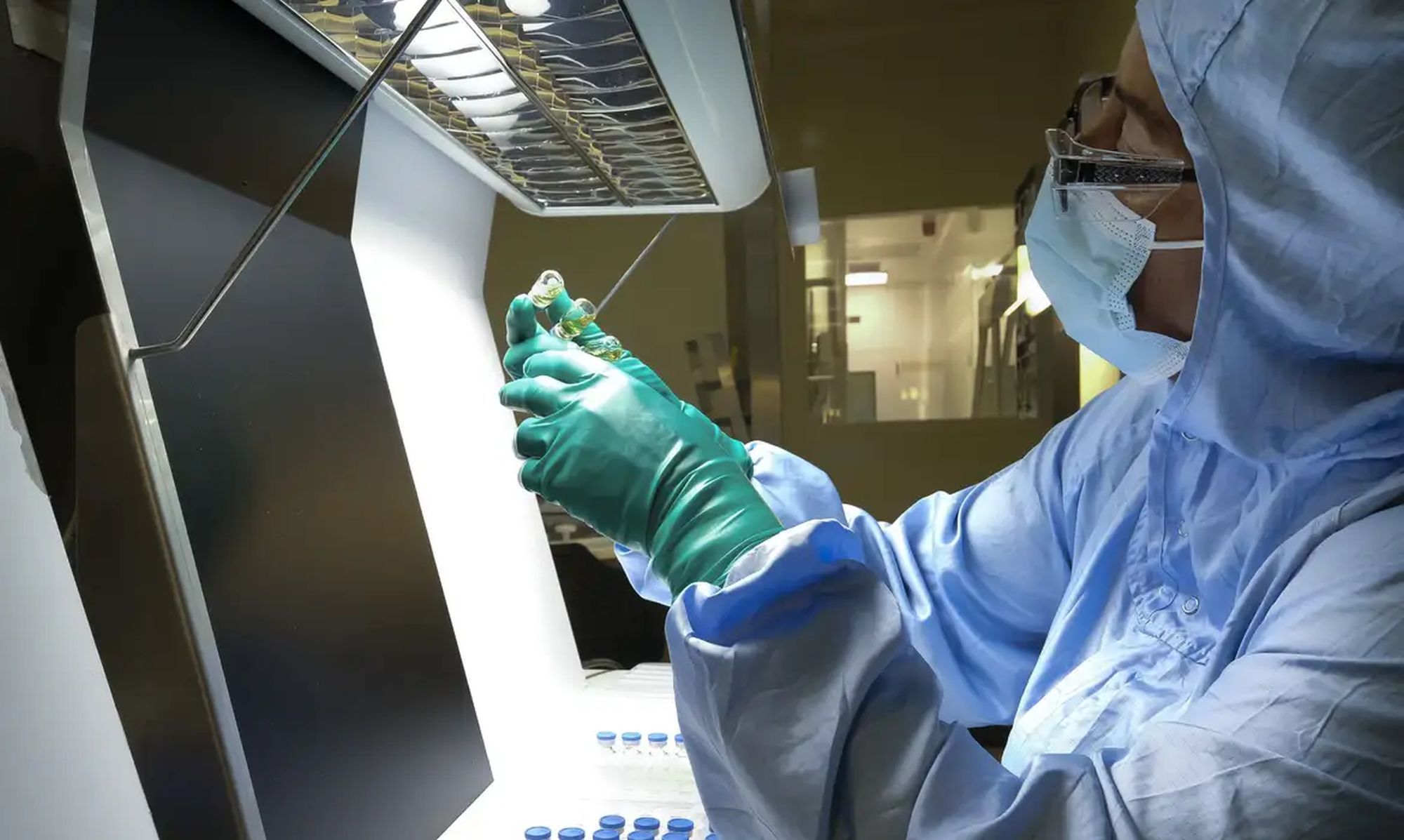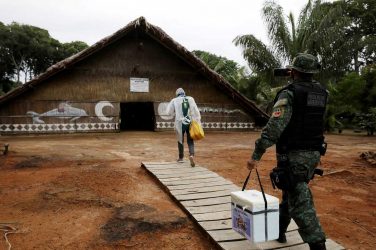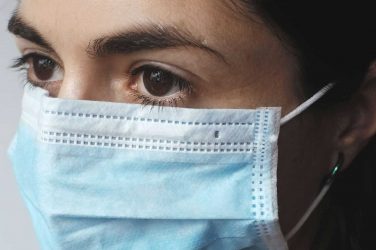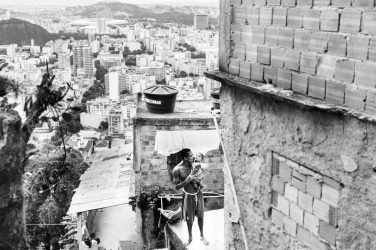Brazil’s Institute of Immunobiological Technology at Fiocruz-Bio-Manguinhos will serve as a standby laboratory for vaccine production during health emergencies.
By joining a network established by the United Nations (UN), the Brazilian laboratory will be activated to supply vaccines to other countries, particularly in Latin America, during an epidemic or pandemic. The terms of cooperation are expected to be signed soon, according to Maurício Zuma, the director of Bio-Manguinhos.
“The year 2023 has been the most significant in recent times due to our substantial demand, not only domestically but also internationally, which has garnered significant visibility for us. This has enabled us to provide international support and address the global vaccine shortage,” he explained.
The Institute is the primary producer of vaccines for the National Immunization Program (PNI) and currently supplies immunizations to over 70 countries in collaboration with the Pan American Health Organization (PAHO) and the United Nations Children’s Fund (UNICEF).
“Obviously, our priority is always domestic. However, we are also committed to providing doses internationally, which we already do. They want to ensure our ongoing commitment and preparedness to respond,” Zuma added.
RNA technology
However, that is not the institute’s only significant expectation for 2024. The clinical testing phase of the COVID-19 vaccine on a messenger RNA platform is scheduled to commence in the first half of the year, reveals Zuma.
“Since it’s our proprietary technology, we cannot outsource these clinical trials. We are awaiting the arrival of the final downstream equipment, as we call it, to enable us to produce the clinical batch and then initiate the clinical trials,” he explained.
This platform, also employed in Pfizer’s vaccine, involves generating a synthetic replica of a portion of the infectious agent’s genetic code. Upon injection into the body, this synthetic molecule triggers the immune system, even in the absence of actual disease, causing agent fragments. Its primary advantage lies in its adaptability, allowing for easy modification to target various agents.
Animal tests, as per Zuma, have yielded excellent results and he believes that mastering this technology will be a catalyst for future advancements.
“Our COVID-19 vaccine serves as our foundation. With it, we’re already advancing other projects on the same platform. One of these initiatives targets the respiratory syncytial virus. As the initial vaccine progresses well, we expect to expedite several other projects using this platform.
“This underscores our role as a regional preparedness laboratory. (…) By selecting the virus’s genetic sequence, we can rapidly develop a prototype and conduct clinical studies, making the process very efficient.”
Two additional vaccines are in development at the institute, currently at the proof-of-concept stage. At this point, researchers assess whether the vaccines, based on animal tests, elicit an immune response in the body.
One of these vaccines is designed to combat the Zika virus, while the other is an alternative against yellow fever, made using inactivated (dead) virus. Presently, the available yellow fever vaccine, which uses weakened virus, is generally not administered to the elderly due to their higher risk of experiencing adverse effects. This new vaccine has the potential to overcome this limitation.
Structure
To ensure that the Fiocruz institute can produce these new vaccines and meet potential international demand, it is undergoing adaptations and a significant expansion.
In 2028, Fiocruz is set to inaugurate the Health Biotechnology Industrial Complex, currently under construction in Santa Cruz, Rio de Janeiro’s West Zone. With a recent 2 billion reais contribution from the Growth Acceleration Program (PAC), construction is expected to advance rapidly.
Once the new unit is operational, Bio-Manguinhos will have the capacity to double its processing and produce up to 1 billion vaccine doses daily, if necessary. Zuma highlights that the project aims to position Bio-Manguinhos at the forefront of the pharmaceutical industry.
Before that, the institute’s facilities are being adapted to enhance current production. “We’re repurposing an area to build a modular facility for viral vaccines. For instance, the rotavirus vaccine, for which we currently don’t produce the Active Pharmaceutical Ingredient (API) due to space limitations, will be manufactured there, enabling us to complete this technology transfer.
“This expansion will also significantly boost our capacity for vaccines like rubella. By freeing up space for rubella production, we can expand our capacity for manufacturing measles and mumps vaccines in our other facility,” explains Zuma.
Furthermore, these developments are connected to the institute’s growing international significance. By the first quarter, Bio-Manguinhos is expected to obtain certification from the World Health Organization (WHO) to export the combined measles and mumps vaccine. It is also in discussions with PAHO and UNICEF to supply these vaccines to African nations.
ABr













